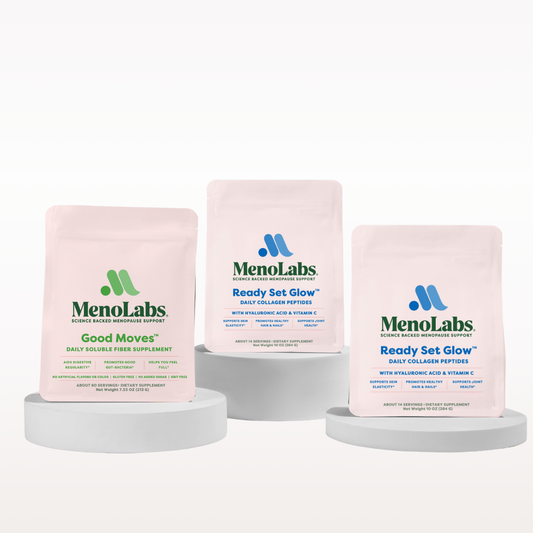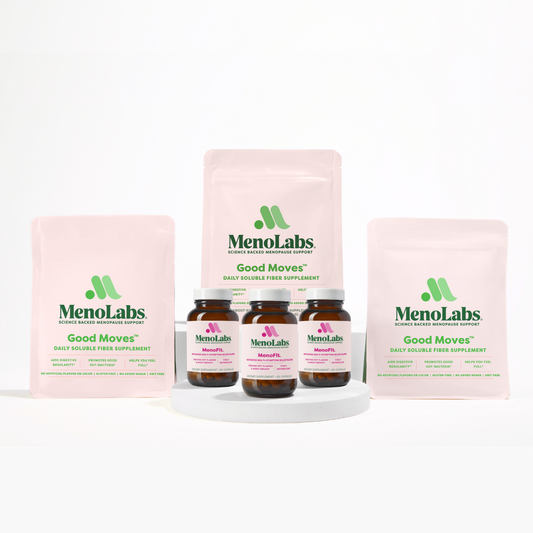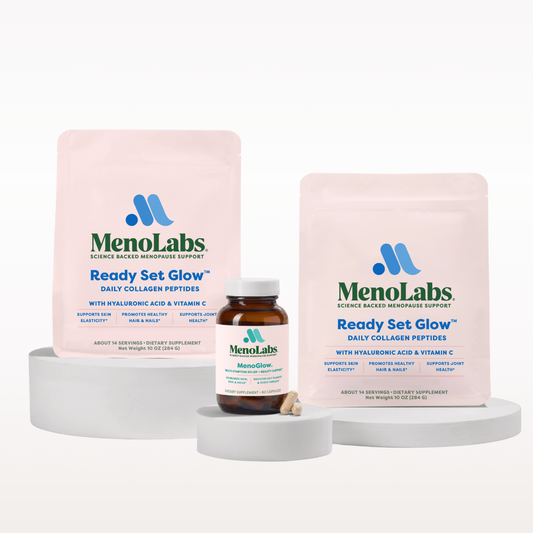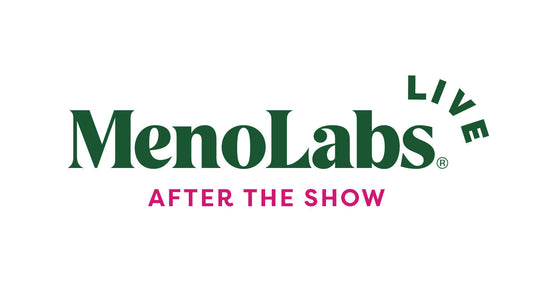
Learn your family health history this month
Most people have at least one chronic disease that runs through their family. If you can identify which diseases run in your family, you can make lifestyle or medical choices to...
1 min read
Family Health History: What & Why
Your family health history is the collected data of your immediate and extended family’s diseases and other health-related conditions. In addition to their diseases, it can also be helpful to record shared habits that may impact health including exercising, sleeping, and diet. The more comprehensive the information you collect, the more likely you are to spot helpful patterns that enable you to make responsible choices regarding your health.
Most people have at least one chronic disease that runs through their family. If you can identify which diseases run in your family, you can make lifestyle or medical choices to reduce your risk for that disease or, at the very least, minimize its impact. For instance, if your family has a history of heart disease, it would behoove you to mark heart-smart lifestyle choices such as maintaining a healthy weight, avoiding smoking, and prioritizing sleep. Or say you find there is a family history of breast cancer like that of Angelina Jolie. Medical advancements allow doctors to test if you carry the gene associated with a higher risk of breast cancer and even take preventative measures such as a mastectomy, which effectively removes the tissue cells that would otherwise mutate.
The ways you may use your family health history are as numerous as genetic variances themselves. But there is no using such information if you don’t have it in the first place…
Now’s the Perfect Time to Ask About Family Health History
The holiday season is a great time to garner information regarding your family health history. Not only are we more likely to see our family members, but these family gatherings often afford us ample time to communicate and ask questions. Of course, you’ll want to be open and honest about what you’re collecting and why—there’s always a chance one or more family members won’t want to discuss their health history in a group setting or during a time they planned to rest and relax. In this case, be open to making accommodations or future dates to get the information respectfully.
A good place to start with your family health history is an outline such as the Adult Family History Form PDF from the American Medical Association. For a more detailed log, the Surgeon General’s My Family Health Portrait tool is an online guide that allows you to personalize your family’s history as detailed as you wish. Logging your family health history in an organized and accessible way makes it easy to share your information with your physicians so they can also use the data to your benefit.
When it comes to relatives that are no longer with us, it may be more difficult—but not impossible—to garner relevant health information. Beyond asking family members what they know, you can also request official documents such as death certificates or even hospital medical records if you have legal permission to do so.
If you are worried about the consequences of gathering your genetic history, rest assured that the law is on your side. The 2008 Genetic Information Nondiscrimination Act (GNA) is a federal law that protects people from genetic discrimination, specifically in the setting of health insurance and employment. This means your genetic information cannot be used against you when it comes to health insurance and employment. If you feel your family health history has been used against you, contact your local ACLU affiliate or personal attorney and file a civil rights report.
If you collect all the information you can regarding your family health history but you still feel lost, it may be helpful to contact a genetic counselor. A genetic counselor can help you collect any missing pertinent information regarding your family’s health history and decipher said data to explain how it may affect you. Based on this information, your genetic counselor may recommend genetic testing or other preventative measures that keep you alive and healthy. Furthermore, a counselor will support you with your emotional concerns and can even connect you with other healthcare providers, advocates, and support groups that can help.
Related Products
Blend Besties Bundle
Fresh Start Bundle
4.7 / 5.0
(550) 550 total reviews





